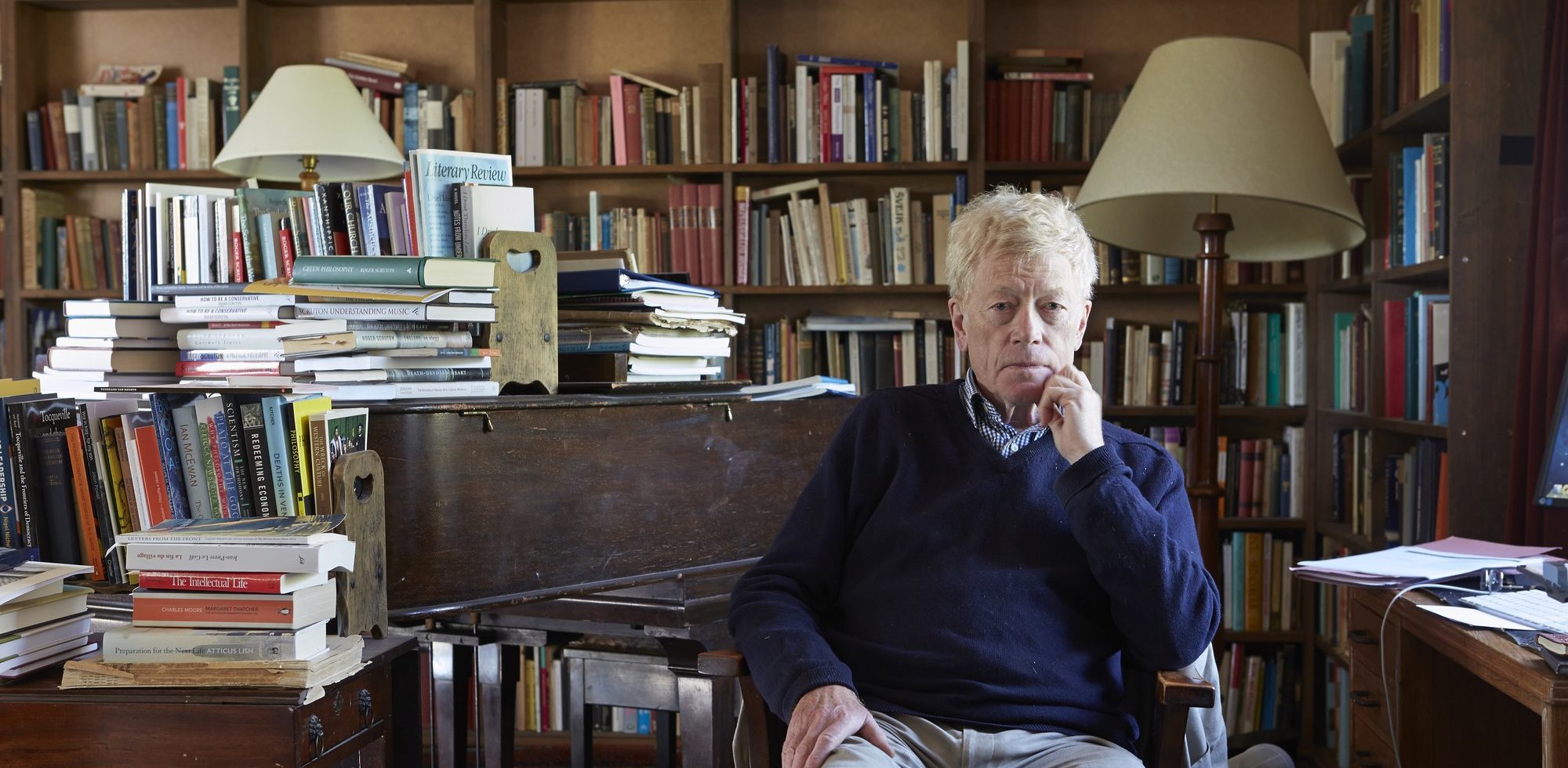It has been a year since the death of Britain’s last conservative philosopher, Sir Roger Scruton. His cultural impact was as broad as his individual impact on me was deep. My debt to him is immense.
Encountering Scruton’s work while at university was less a revelation, more a feeling of being given answers to questions I didn’t know I had. I’d thought I was conservative, but being a rather lost soul with no real idea of life I hadn’t any concrete sense of things. Scruton took these semi-coherent mental gestures and gave them shape.
Reading Scruton’s books showed conservatism didn’t mean freedom above all, and that the constraints on one’s freedom that gave it direction were more important than the freedom itself. This emphasis on limits, such a contrast to Cameroon “Conservatism”, resonated with my reality of living with Epidermolysis Bullosa (EB), a fragile skin condition.
In Where We Are, Scruton wrote of the importance of identity and the role of family and community in forming this. Many feel disconnected from themselves and each other, unable to answer the burning question of ‘who are we, where are we, and what holds us together in a shared political order?’ Living with EB can heighten this feeling of alienation and isolation, made worse by our culture’s emphasis on choice when real choices are increasingly made impossible in our social and economic disorder.
Scruton was keenly aware, along with Martin Heidegger, of this universal problem of alienation in modernity, of our feeling of being thrown into this world and the existential estrangement this instilled. Scruton, more than anything, was the philosopher of home, and the search for a sense of homecoming informed his work on the importance of the nation and finding a sense of place.
Crucial to this is inculcating a disposition of gratitude towards our time here with those closest to us. My condition, with its debilitating pain, is a brutal reminder that life is a vale of tears. Even so, Scruton’s philosophy of limits enabled me to see that life is worth living, that this “time is yours, and yours eternally.” This has encouraged an acceptance of what I have, who I am and gratitude for those closest to me.
I met Scruton at Blackwell’s in 2017, following a discussion of his book, On Human Nature. Afterwards he signed my copies of four of his books. In a guarded manner indicative of a shyness I see in myself, he was genuinely interested in what I’d been doing at university. The man in life matched the consoling warmth of the words on paper. Sir Roger Scruton, through his writing and speaking, has enabled me to feel at home in the world, in spite of everything, by giving a nobility to inheritance, purpose to the present and a sense of obligation to the future. His essence echoes on in his many books. I miss him, but my gratitude to him is boundless.
Henry George is a freelance writer and researcher. He has written for Merion West, as well as for Quillette and University Bookman.










Join the discussion
Join like minded readers that support our journalism by becoming a paid subscriber
To join the discussion in the comments, become a paid subscriber.
Join like minded readers that support our journalism, read unlimited articles and enjoy other subscriber-only benefits.
Subscribe